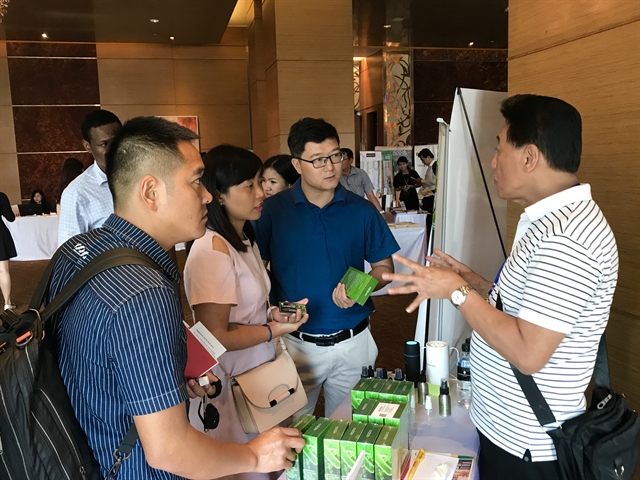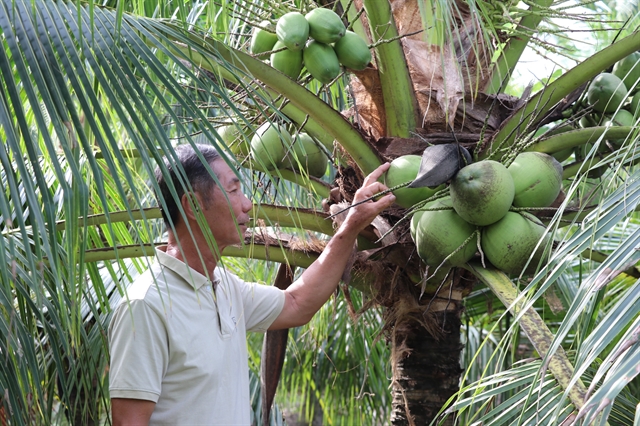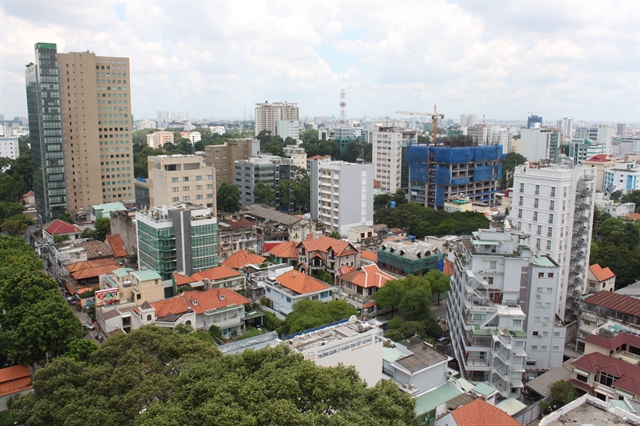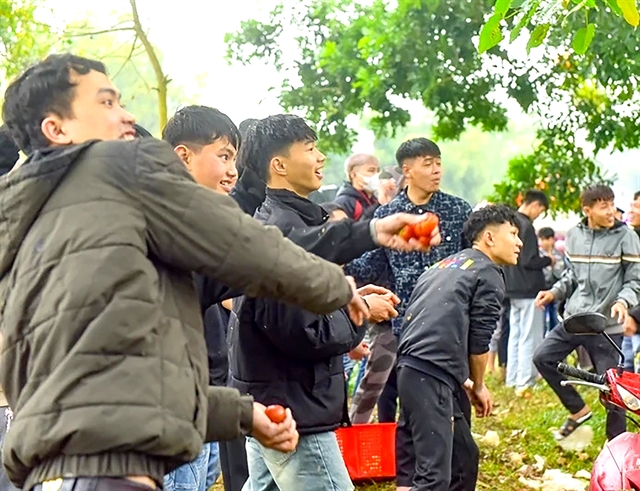
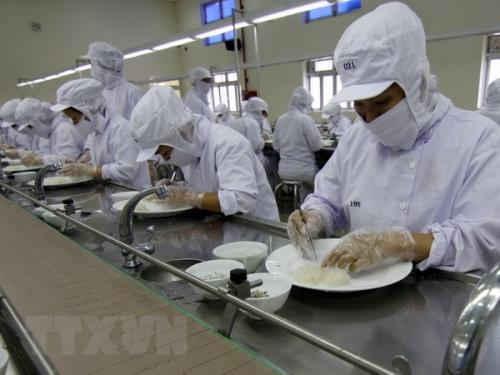
|
| The farming of swiftlet bird nests is facing problems, including poor management. — VNA/VNS Photo |
HCM CITY — Farming swiftlets for their edible bird nests has high economic potential, but the lack of a long-term development plan is holding back industry progress, according to Nguyễn Văn Trọng, deputy head of the Animal Husbandry Department.
Though the swiftlet nest industry has high growth potential, the government-approved Animal Husbandry Development Strategy has not included specific reforms or changes to swiftlet farming practices.
As a result, safety and disease management are not guaranteed, Trọng said at a conference held on Friday in HCM City .
Management of quality and quantity has also been loose, and many farming facilities have not submitted reports to the department.
The market for swiftlet nests can also be inconsistent, and buyers are sometimes forced to sell their products at cheaper prices.
In addition, businesses have not invested enough in processing, and products are typically exported raw with low value, he said.
Đỗ Tú Quân, head of the Việt Nam Swiftlet Farming Association, said that bird nest farms were being built or renovated in an unorganised manner.
If they are managed improperly, they can pose great harm to farmers and the swiftlet industry.
She said that farmers need to improve the quality of their bird nests and ensure their purity for export.
The Ministry of Agriculture and Rural Development is working on a decree on animal husbandry that would include regulations on swiftlet farming management and registration of farming facilities.
The decree will include provisions on appropriate locations for new farms based on swiftlet growth, local socio-economic development strategies, and swiftlet farming strategy zones.
Existing farms that do not conform to these requirements would be relocated.
The ministry will also consider punishments for farming facilities that use their own households to attract swiftlets, a practice that does not ensure biosecurity or resistance to disease.
The government will also be asked by the ministry to consider policies to support farms that have to relocate away from urban areas. — VNS









